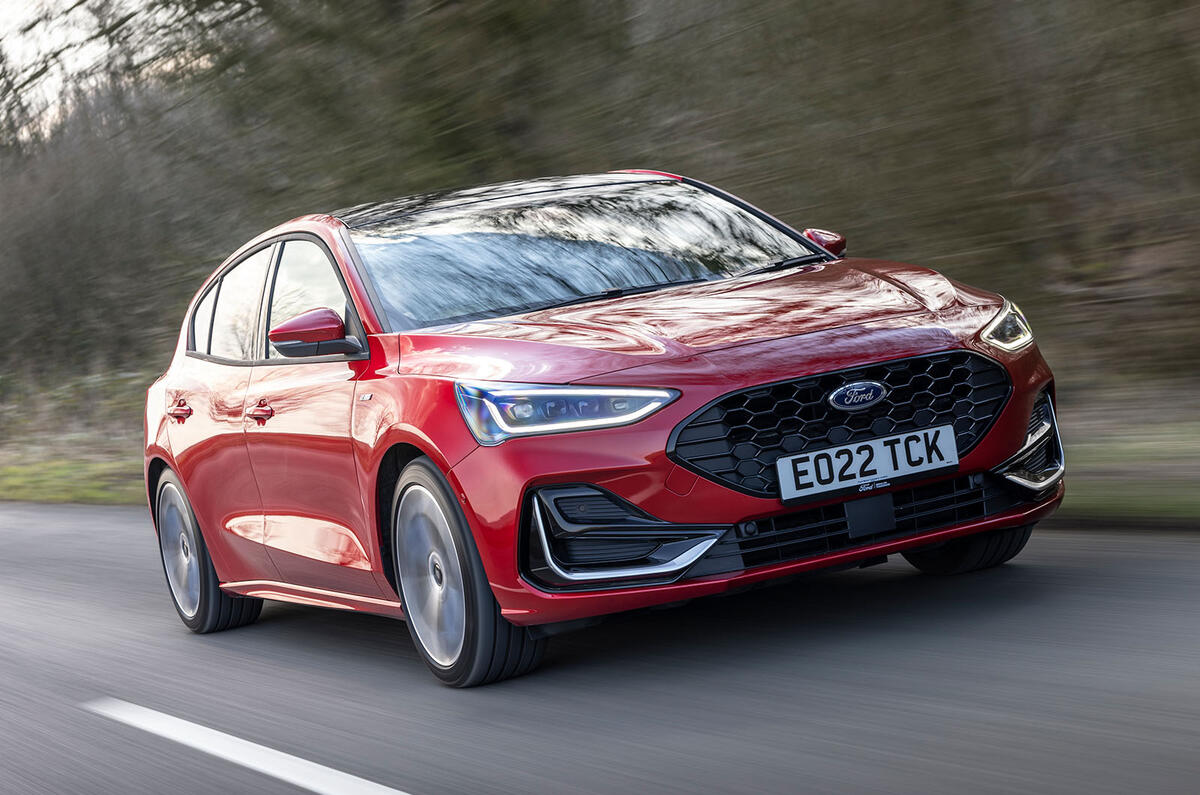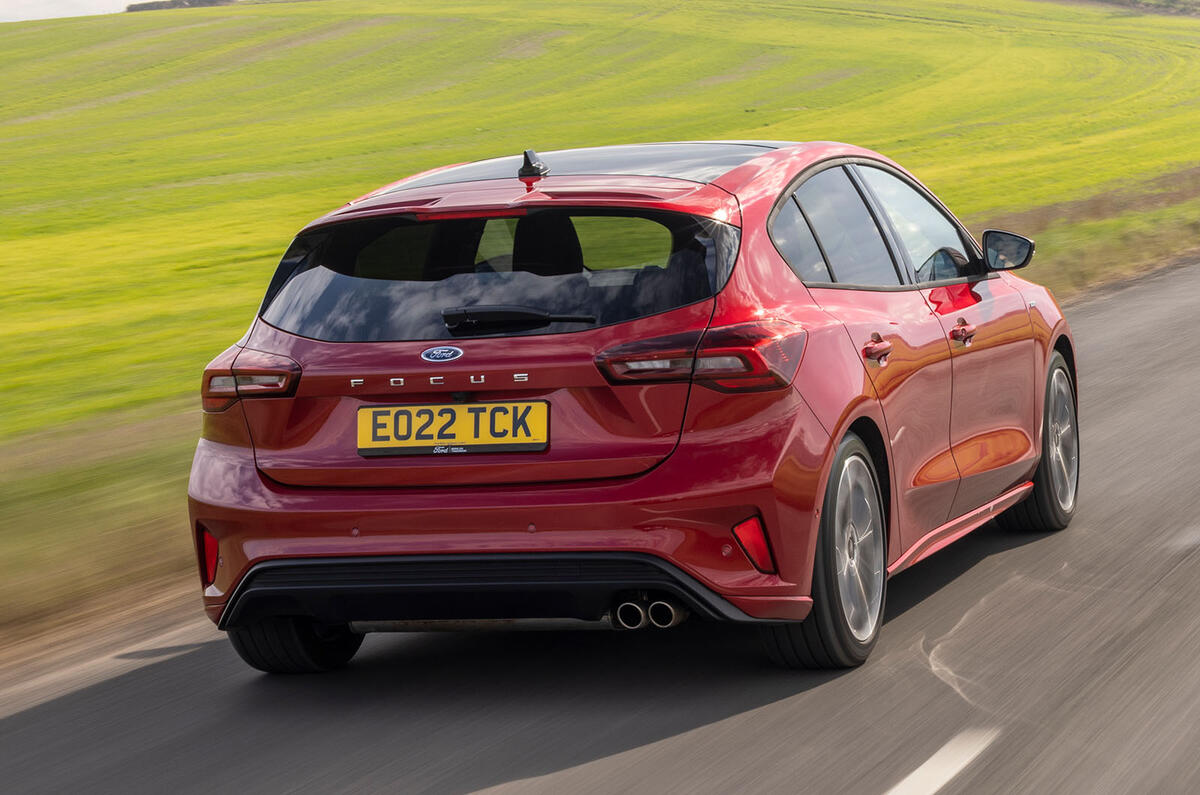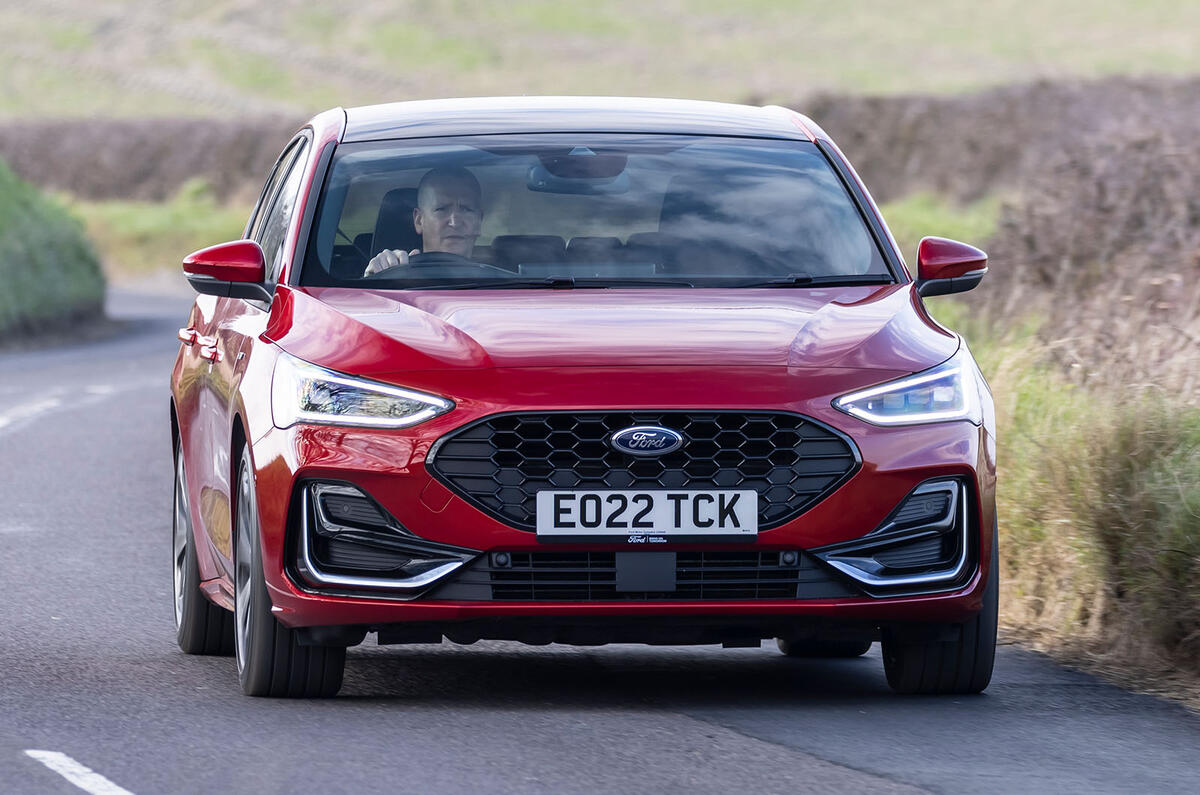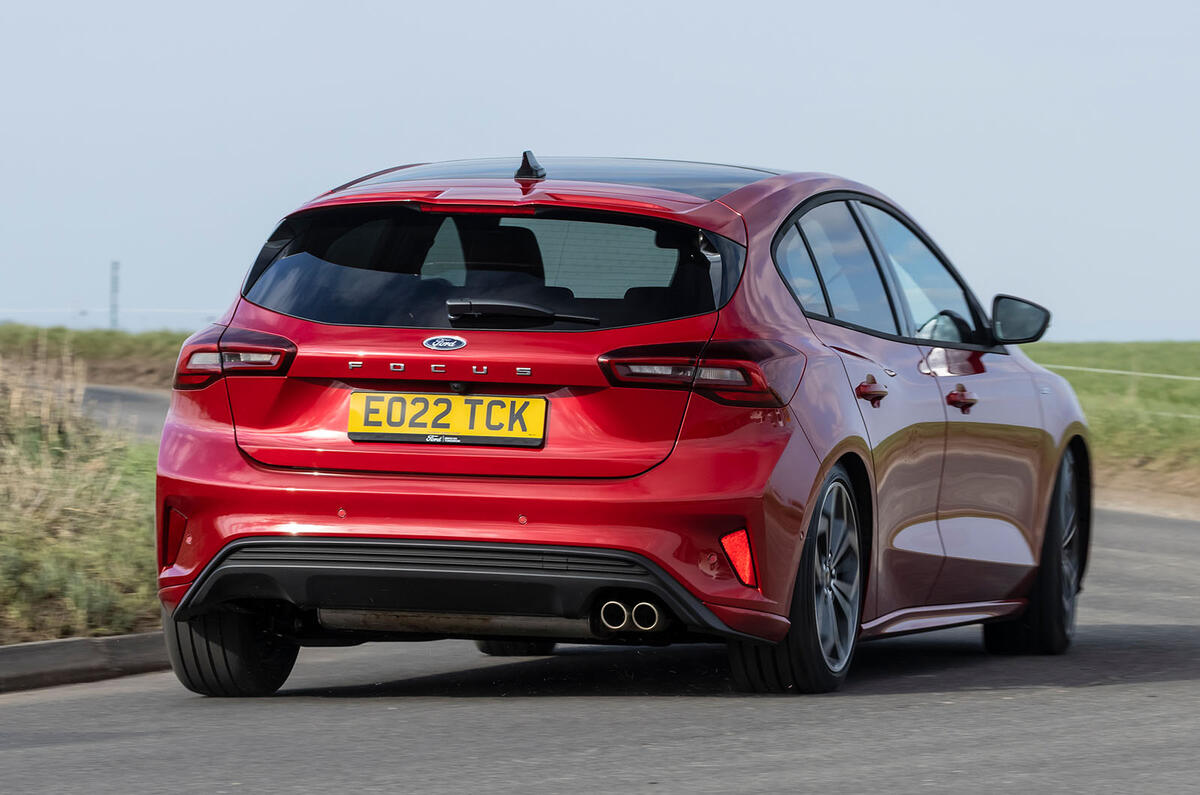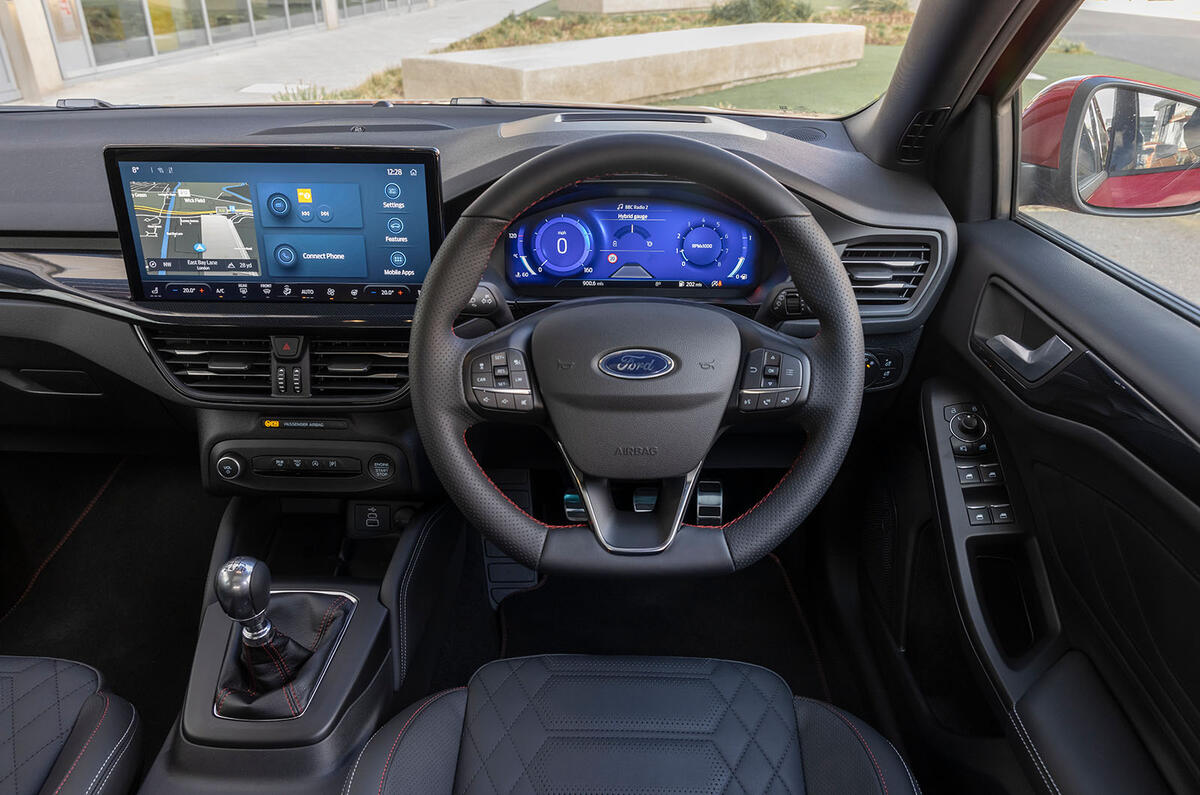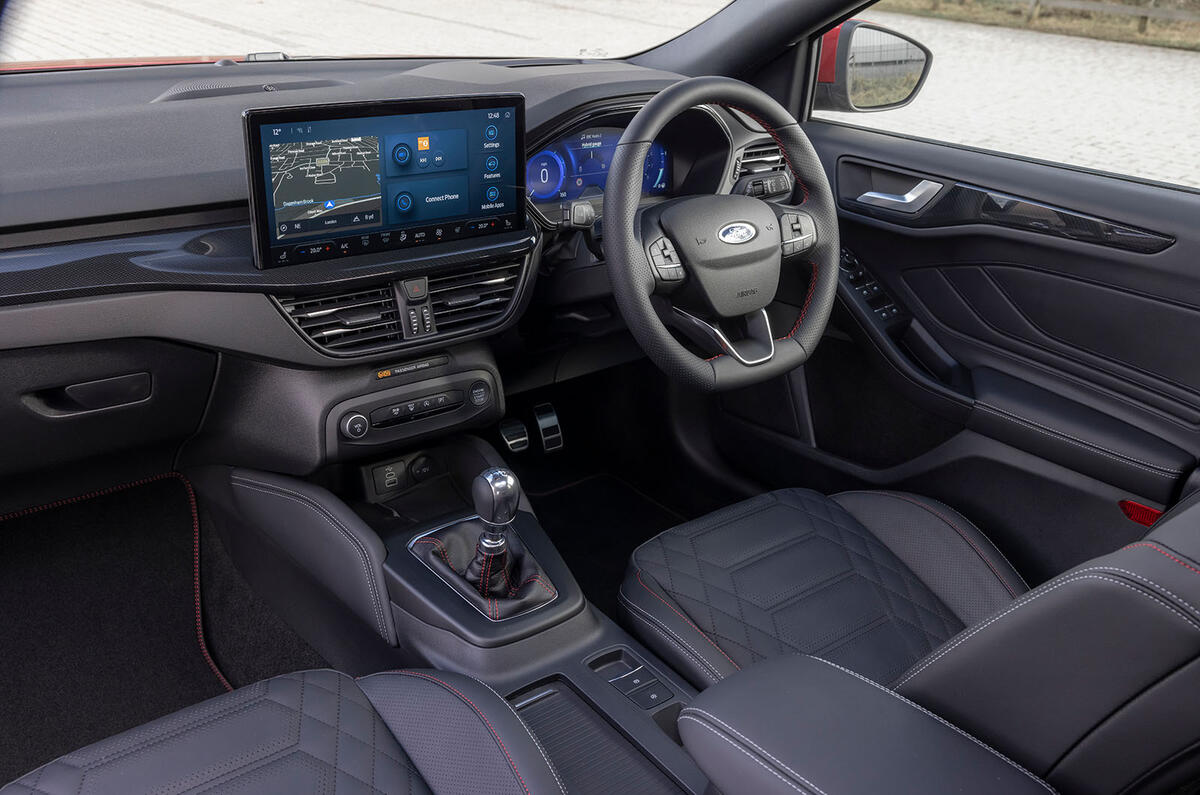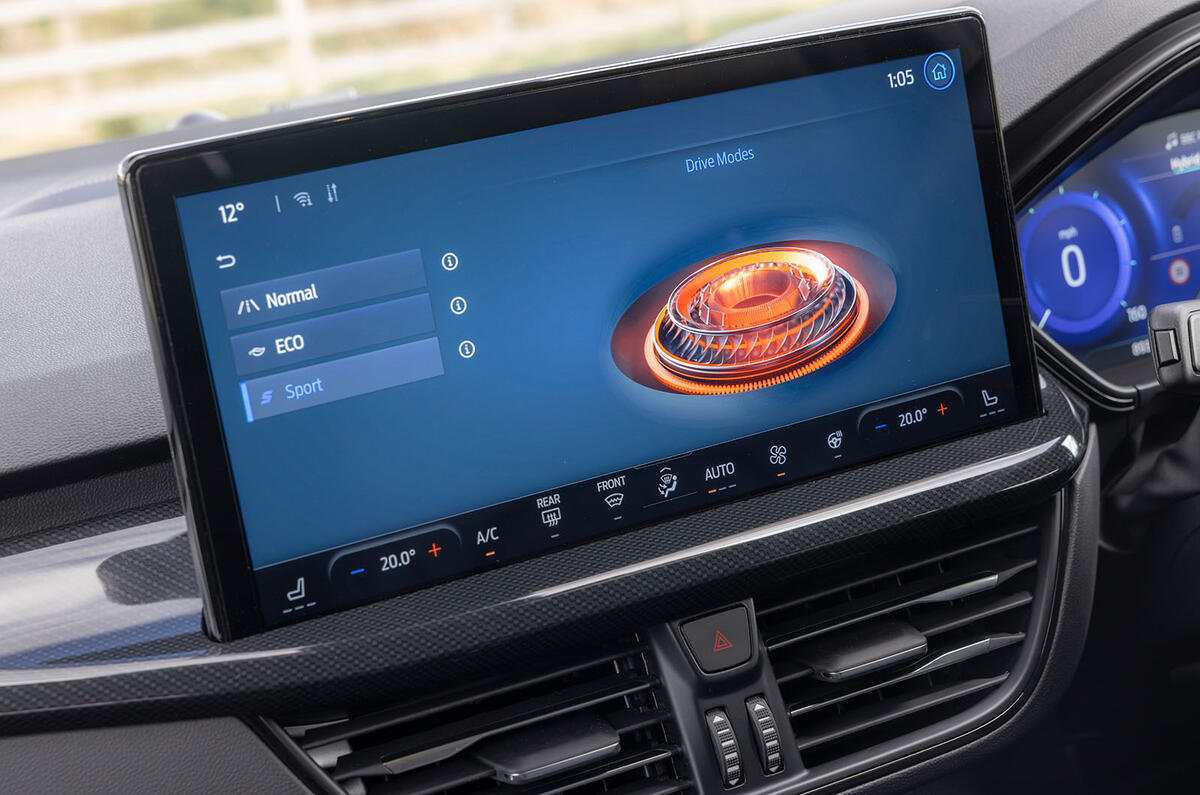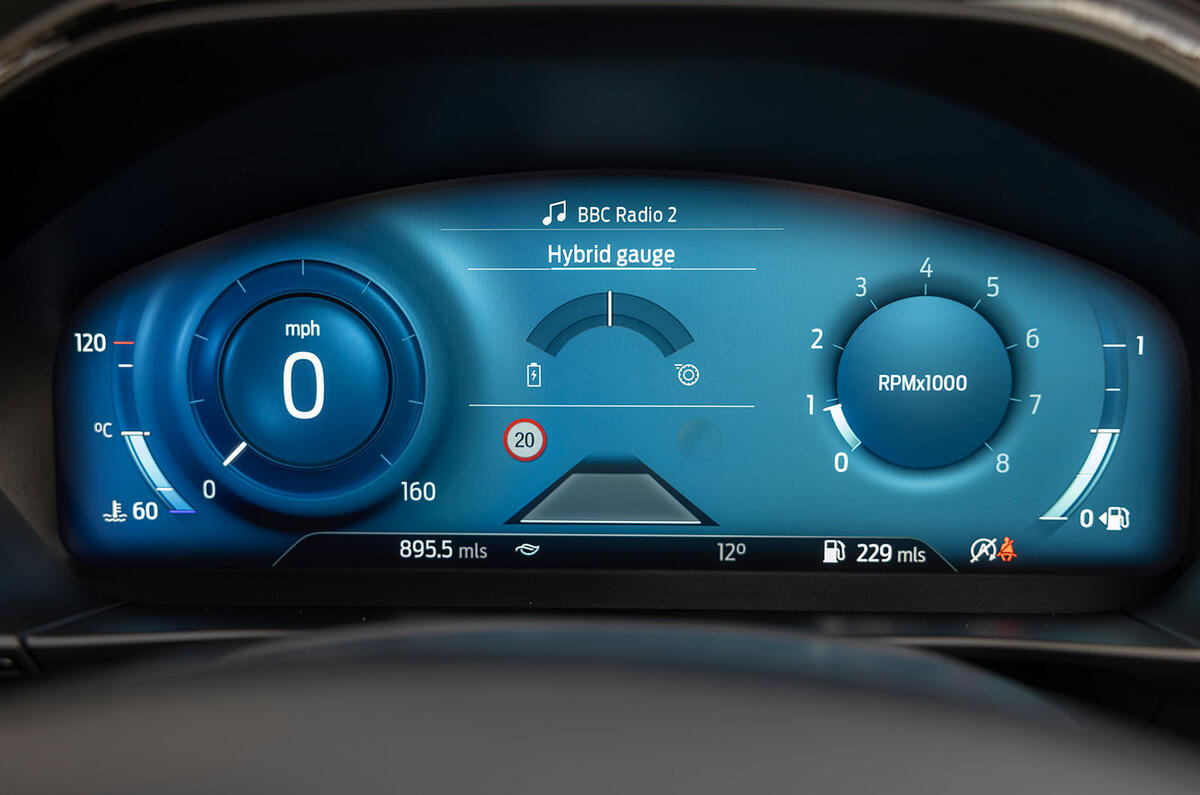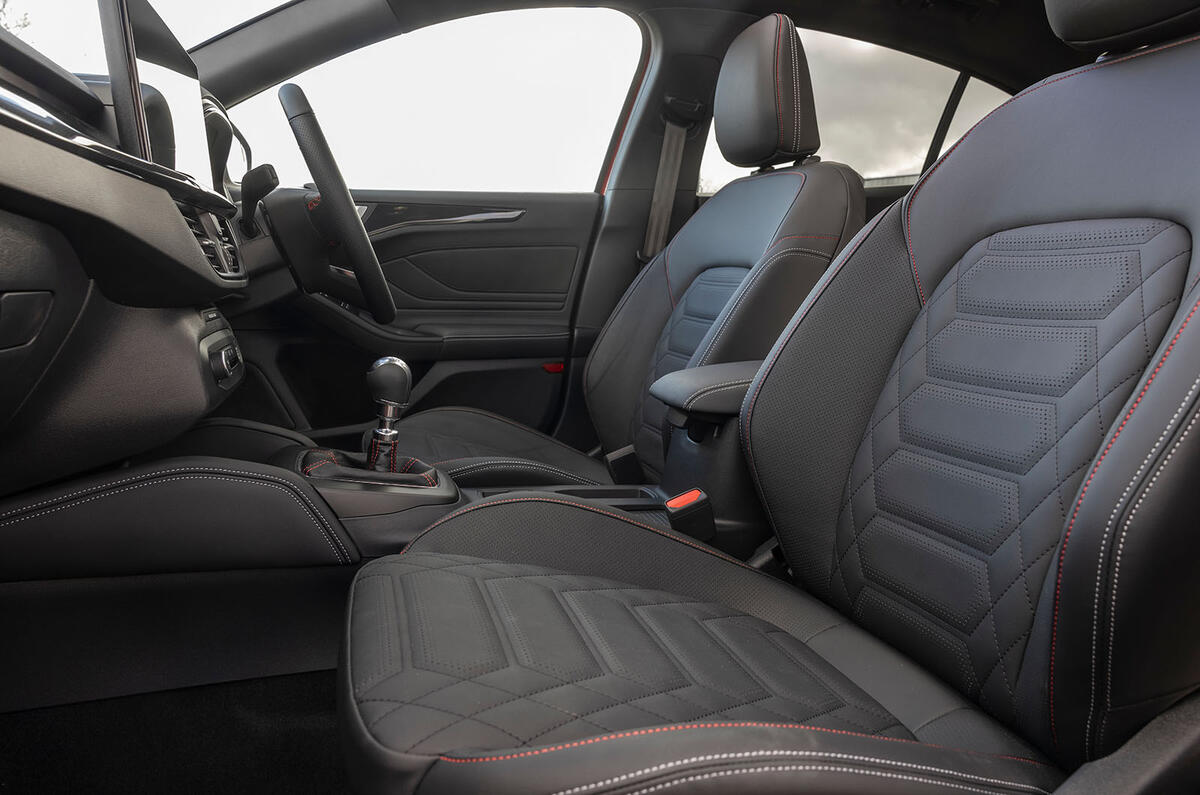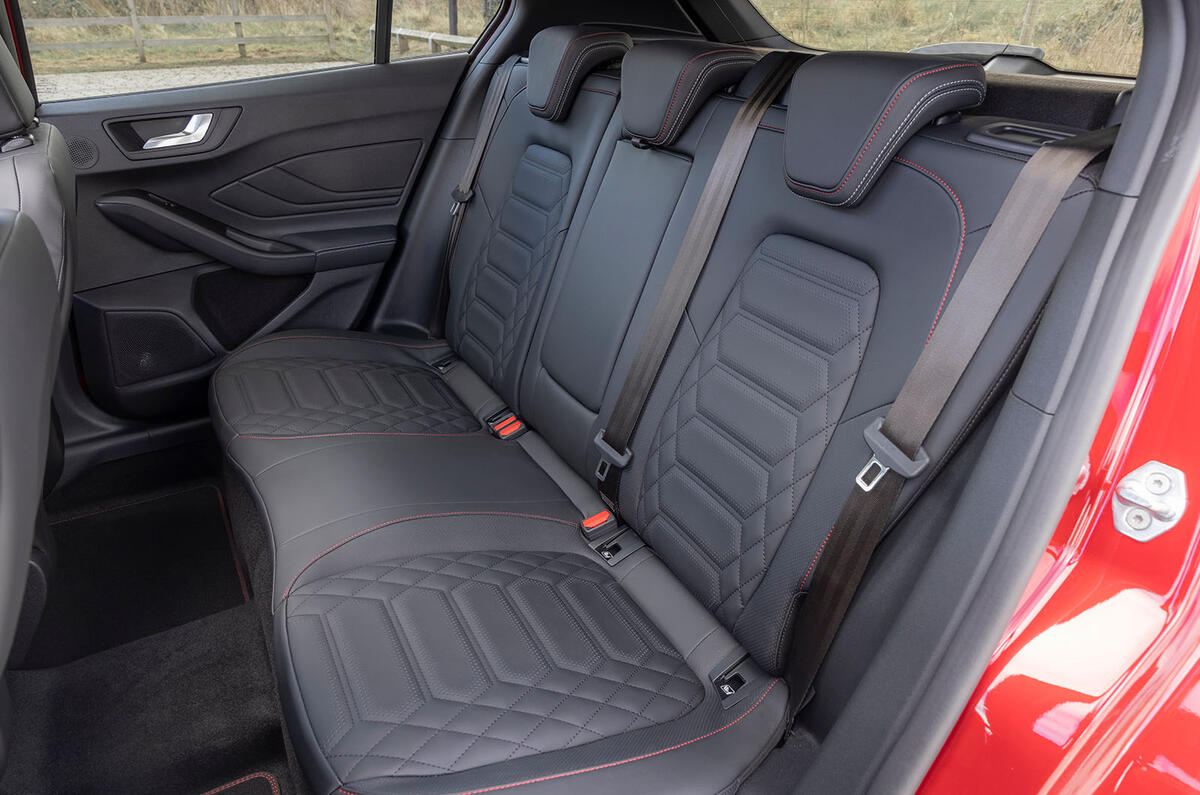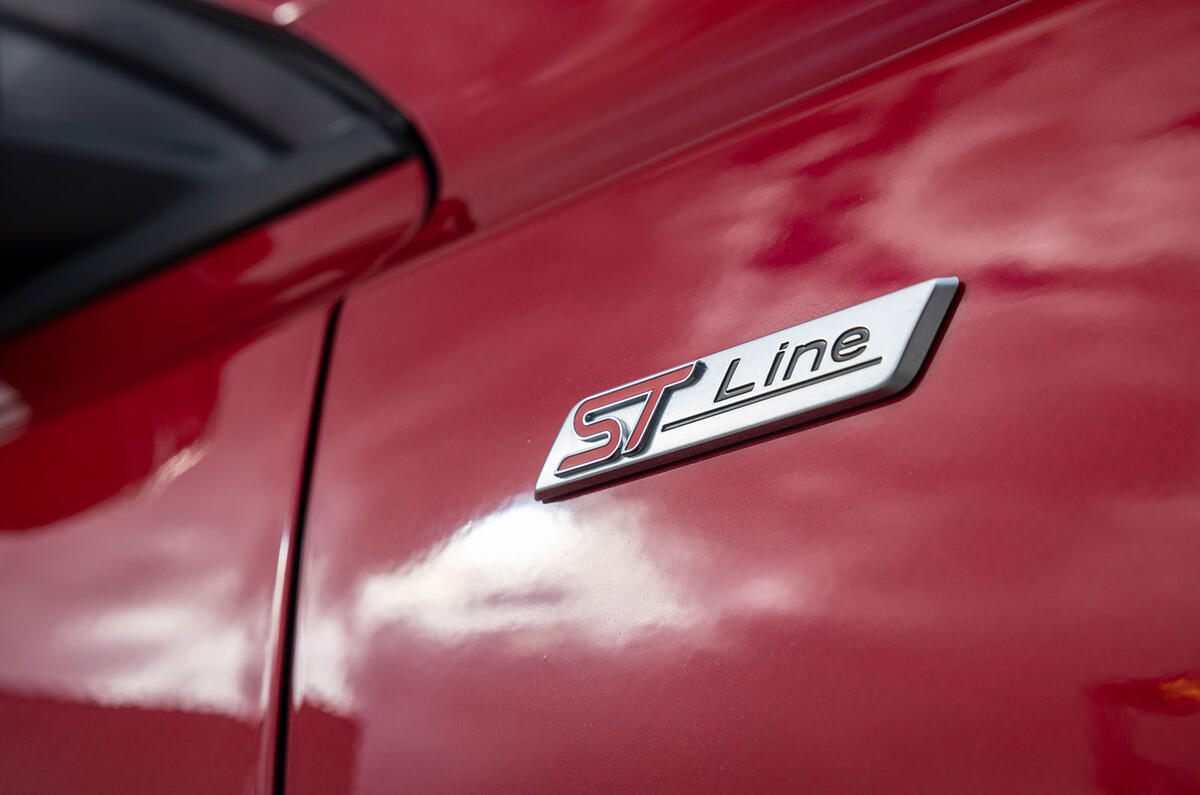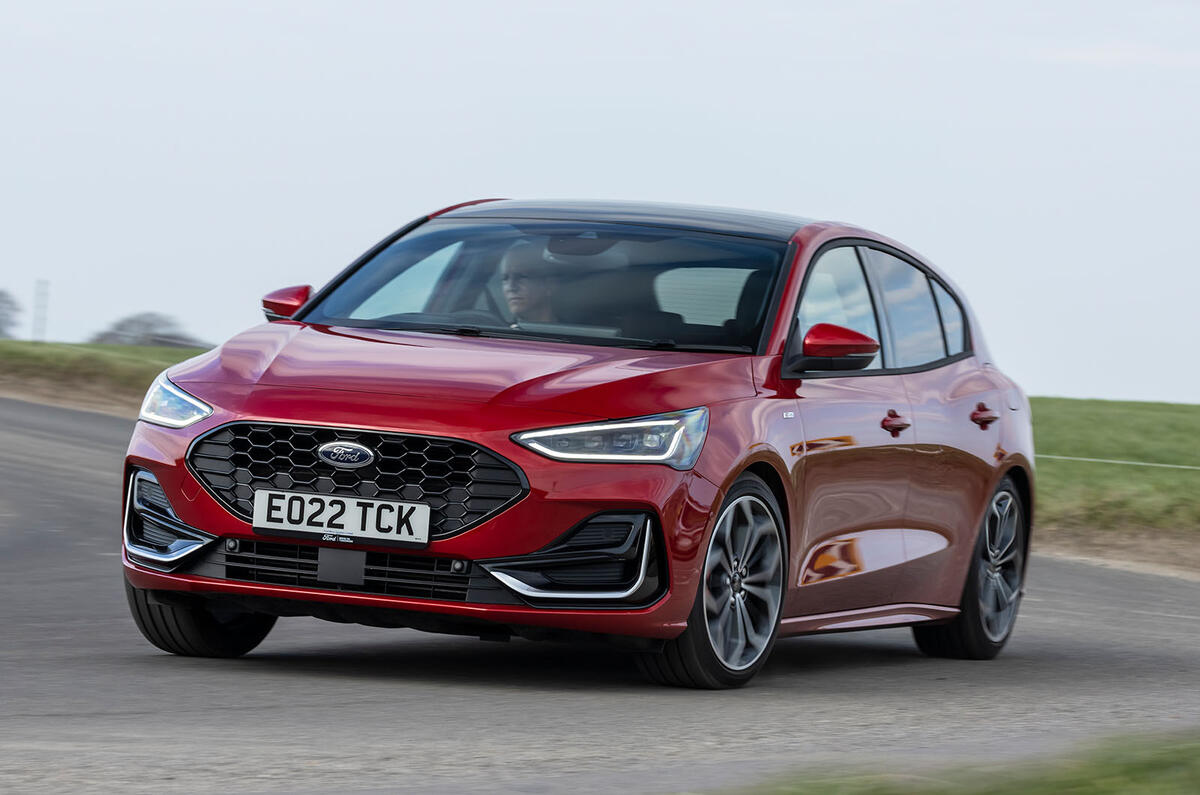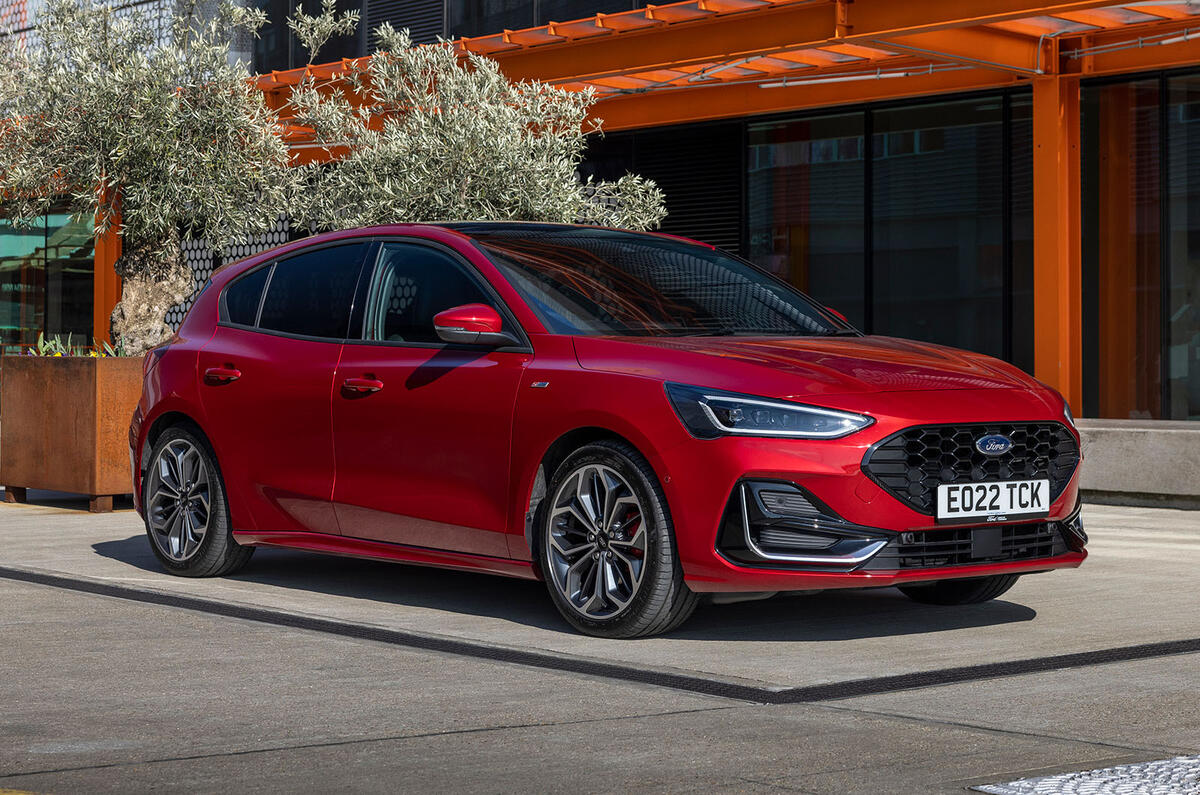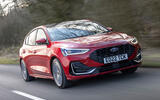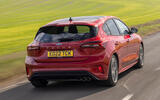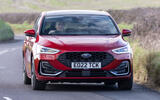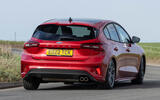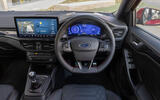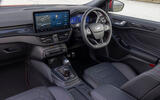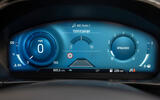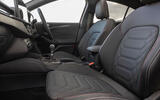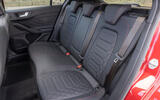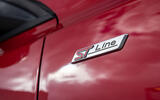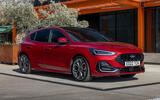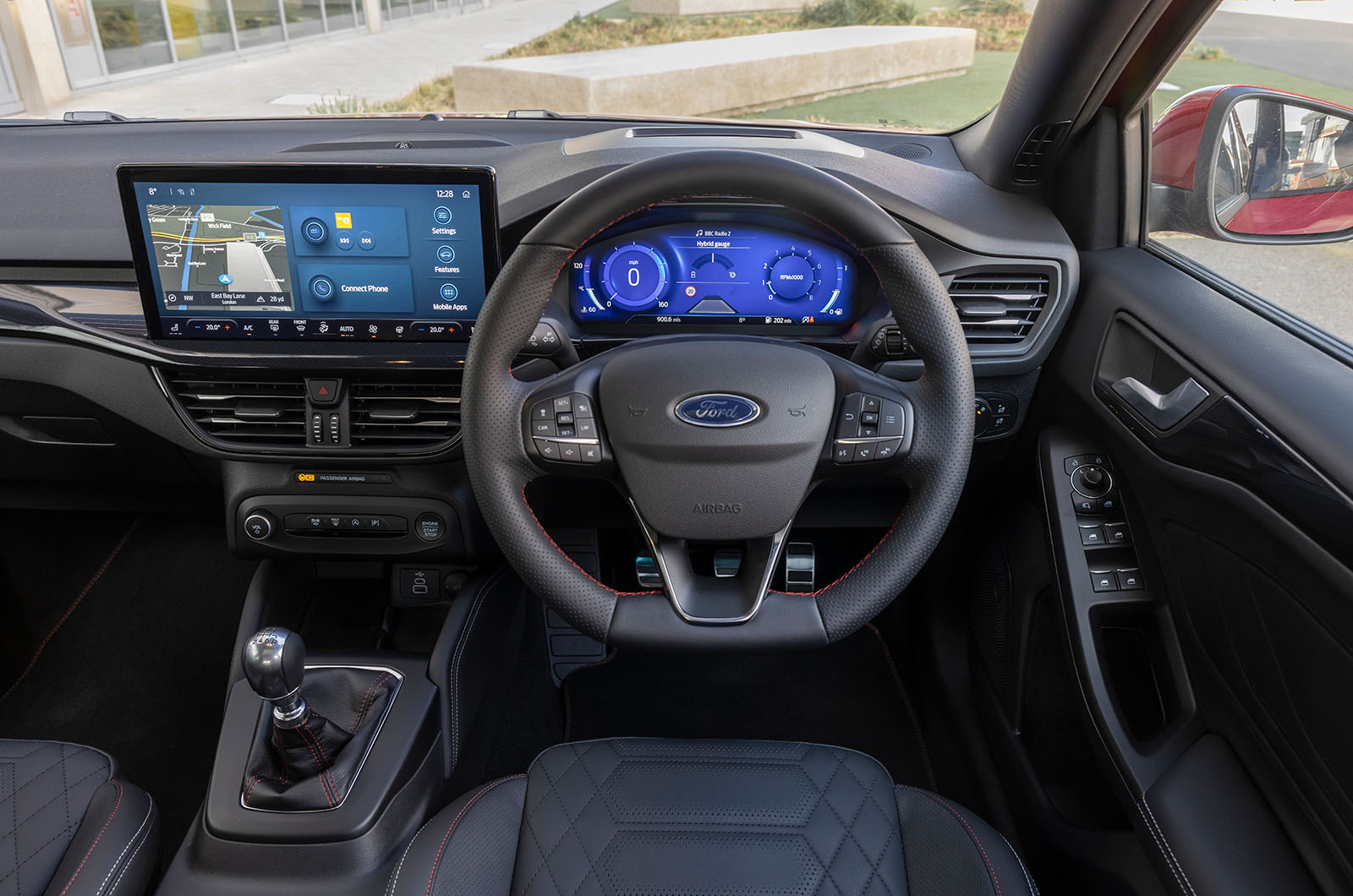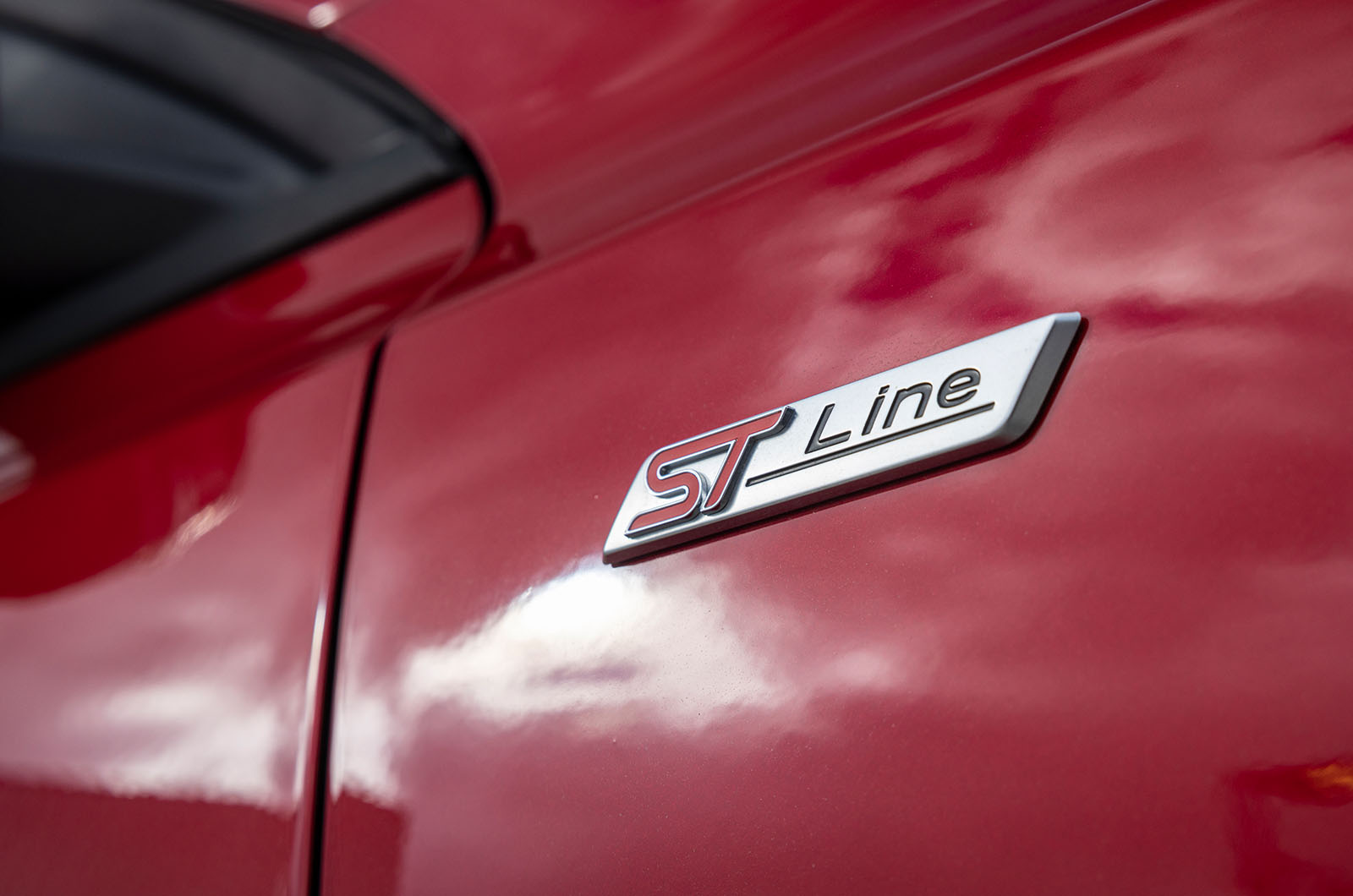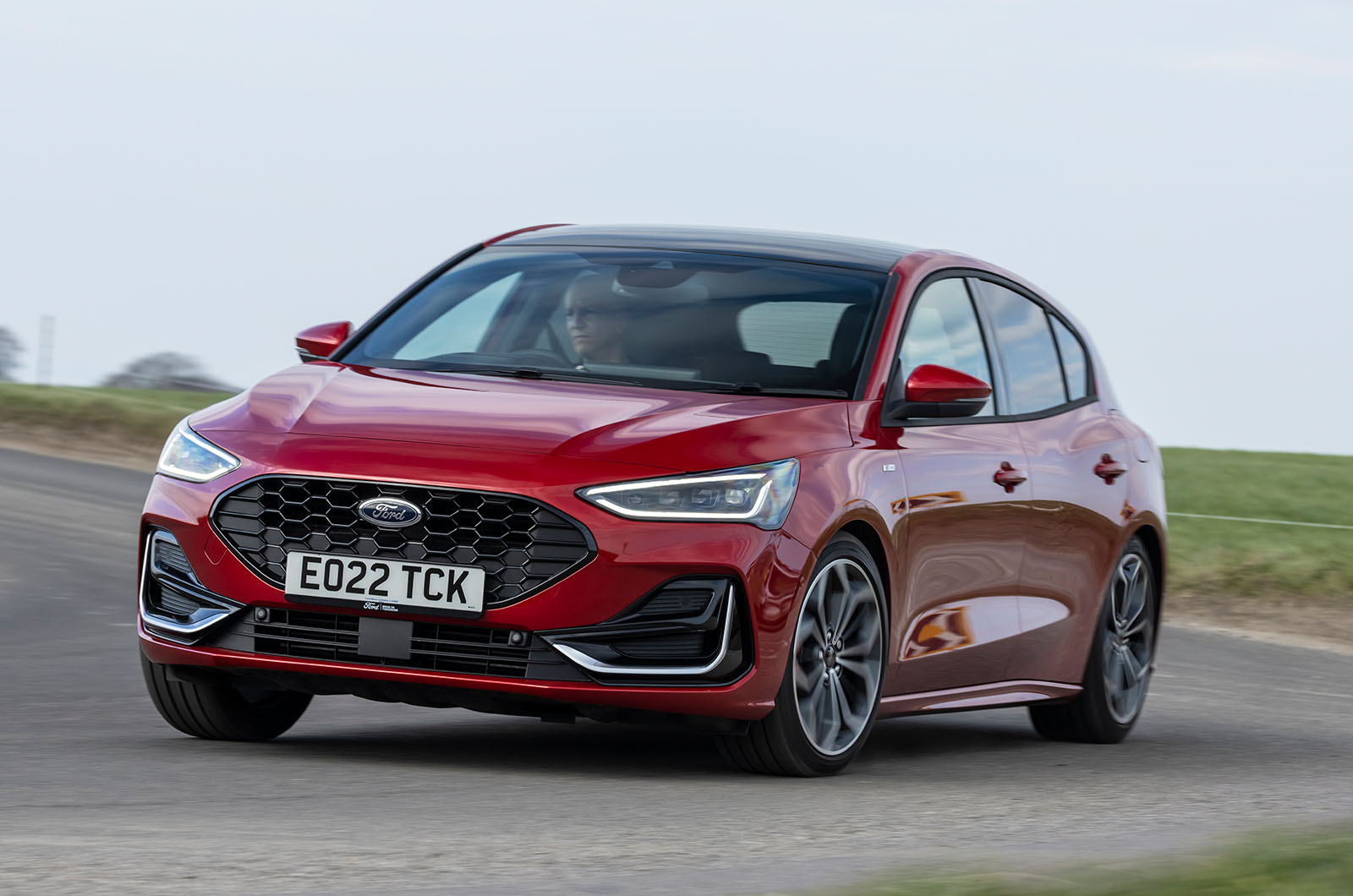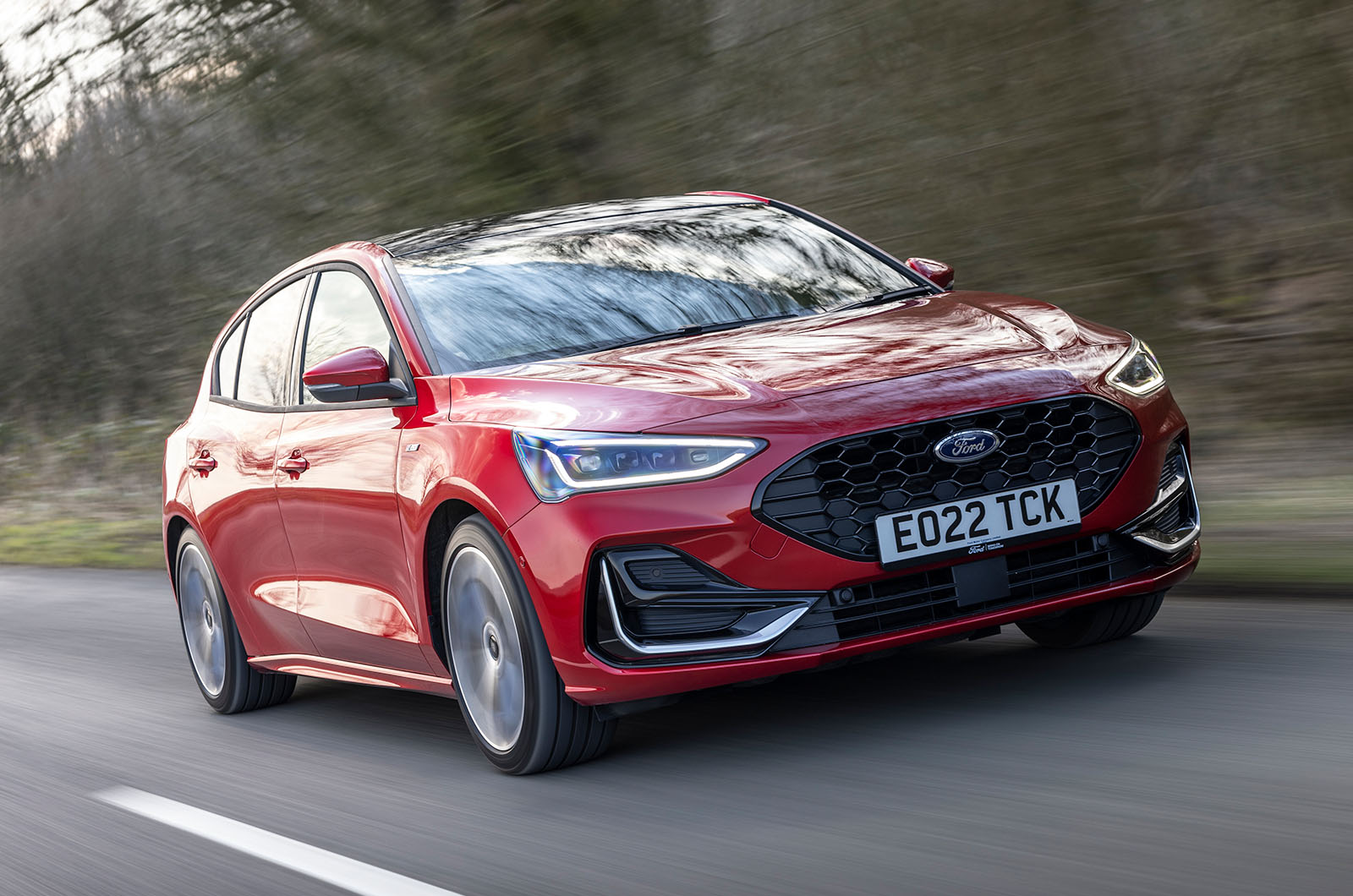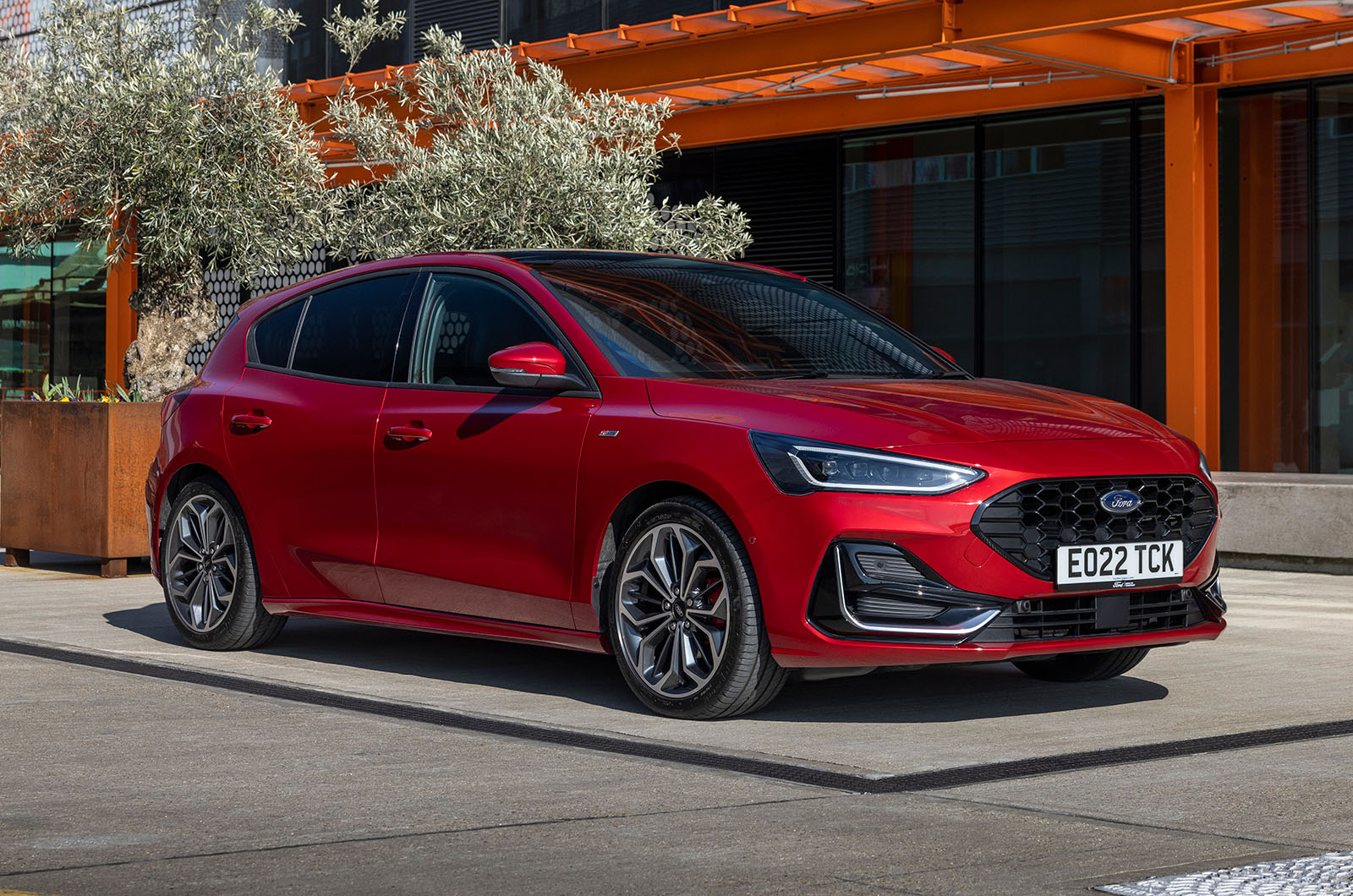Time stops for nothing, not even the Ford Focus.
It follows the Fiesta in being one of those combustion-only ‘legacy’ cars that stands between its maker transferring the line-up to electrified power. Ford’s CEO is “deeply convinced” the future is electric and because of this, the Focus won't see production beyond 2025 in spite of rivals persevering with combustion and scaling back their EV shifts.
In contrast to the brave new world through which it is forced to soldier on, the Focus is reassuringly familiar. It's powered by frugal petrol engines, can be had with a manual or automatic gearbox and aims to provide a more compelling driving experience than any of its competitors. You can also have a hot Focus ST, which we’ve reviewed separately.
This fairly typical recipe reads alongside an equally typical list of rivals such as the Volkswagen Golf, Vauxhall Astra, Seat Leon, Honda Civic and Toyota Corolla.
The Mk4 Focus was not too long ago updated with some new trim levels, upgraded interior technology, efficiency-focused engines and nip-and-tuck styling tweaks that, at the time, allowed it to stay competitive. What about now, though, in the late autumn of its production run?
The Ford Focus line-up at a glance
For a car at the end of its life, the Focus range remains comprehensive. Prices start at around £28,500 for the Titanium rising to just under £43,000 for the ST Edition.
As standard, it comes with a 13.2in infotainment touchscreen, a 4.2in digital instrument binnacle, keyless entry, Apple CarPlay and Android Auto, front and rear parking sensors and adjustable lumbar support.




